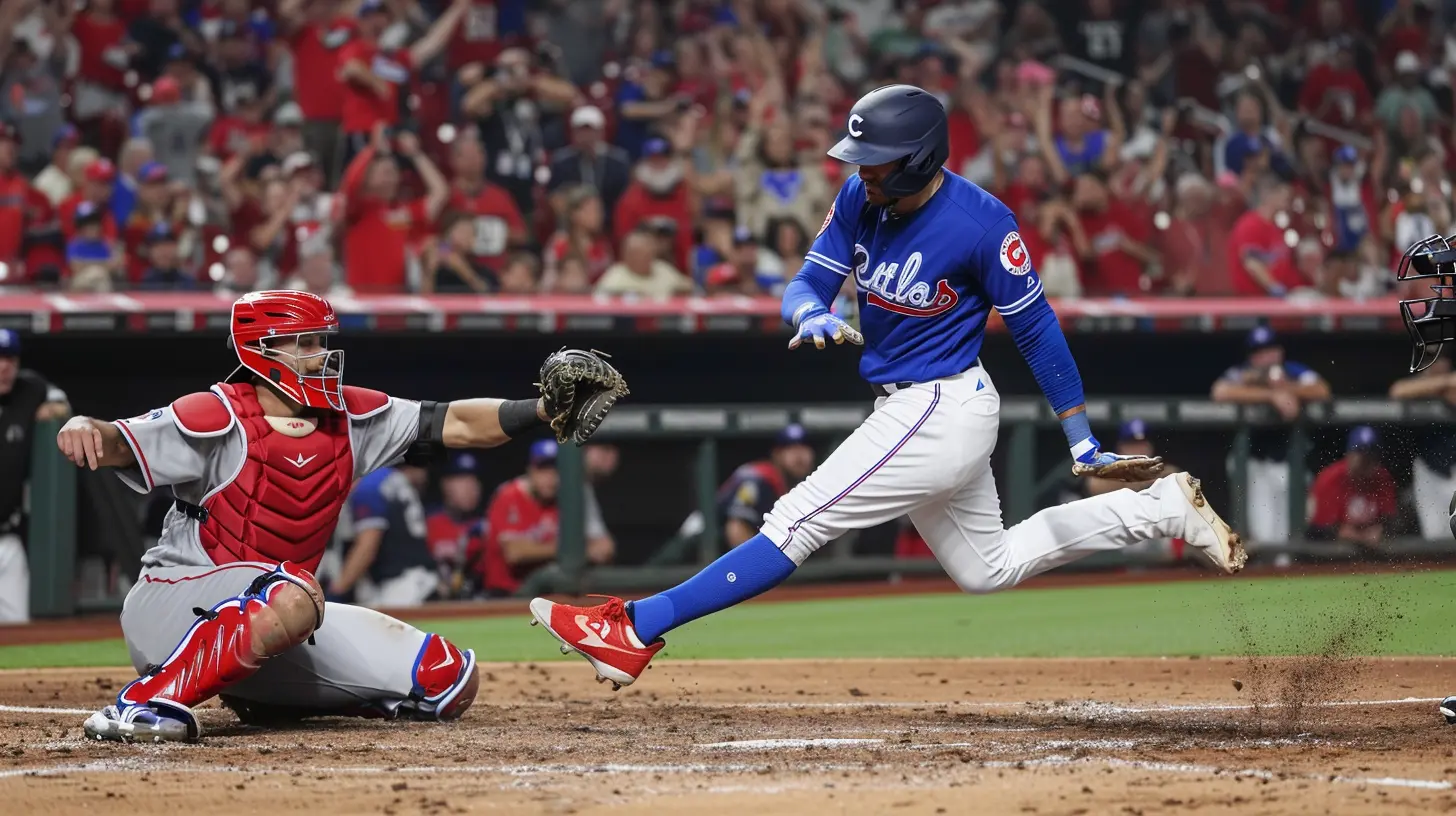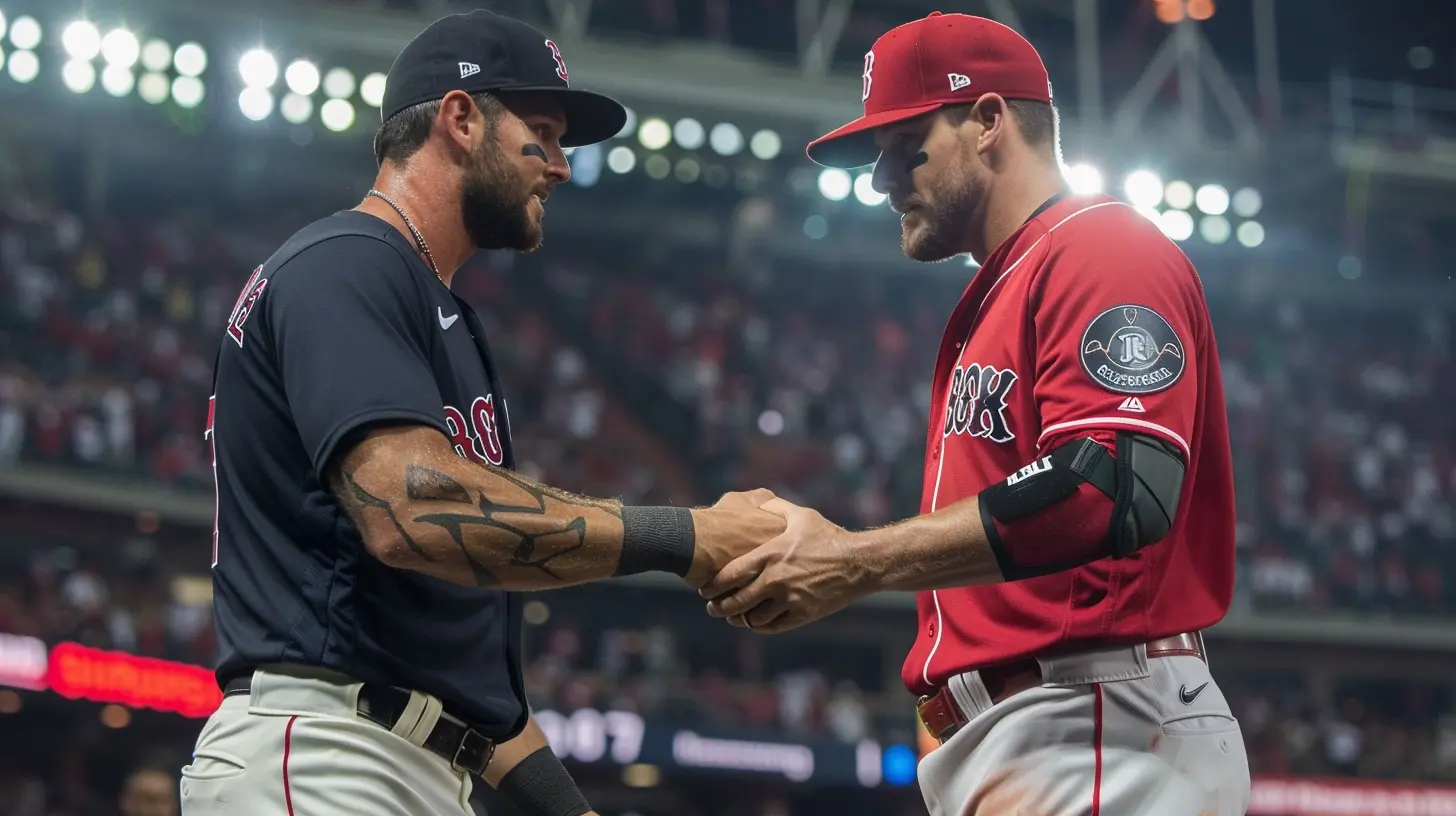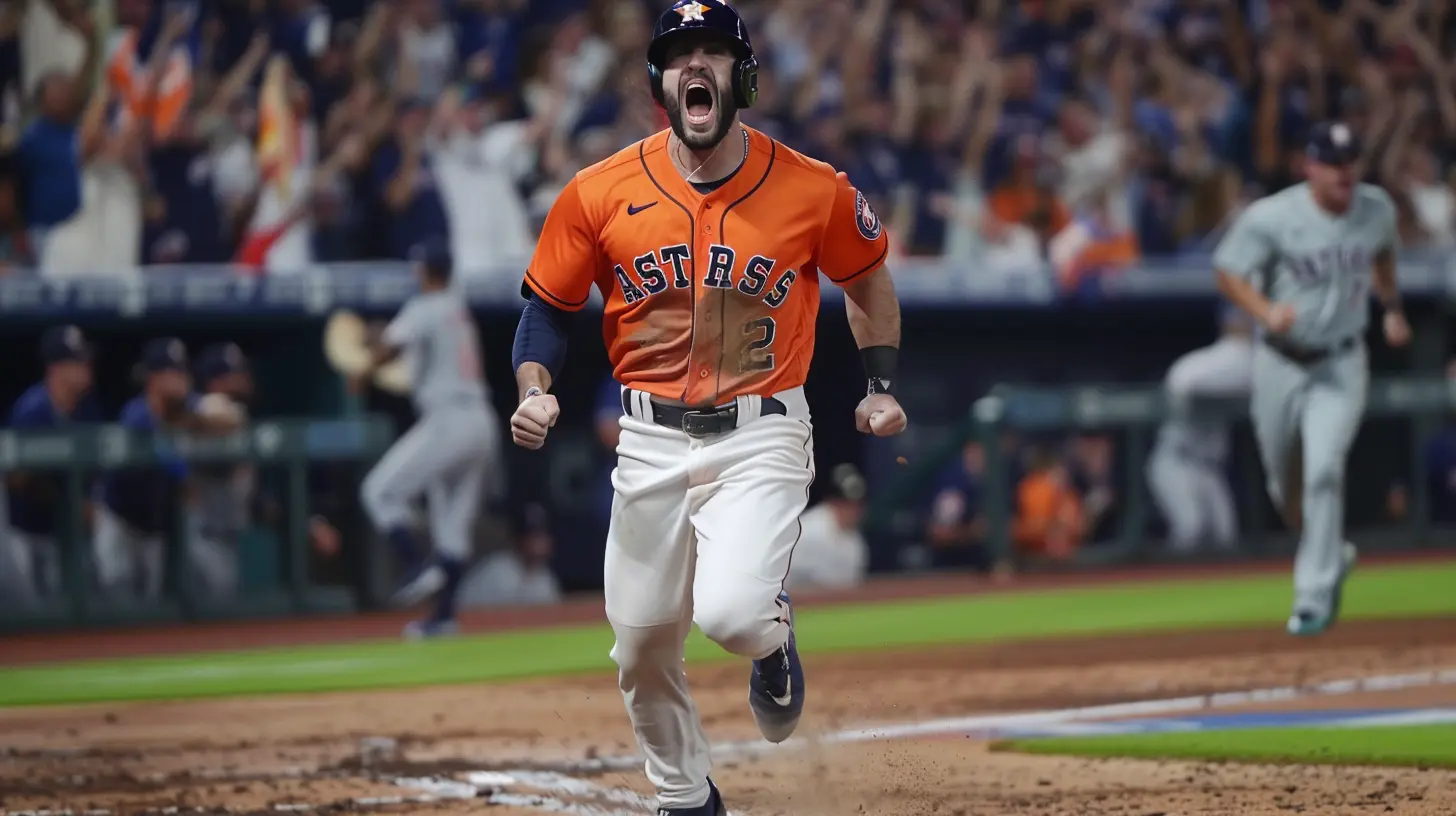World Series Game 7: Will Experience or Youth Prevail?
3 November 2025
It’s Game 7 of the World Series — the biggest stage in baseball, where legacies are made, and hearts are broken. Everything that’s happened over the past six months boils down to nine innings (or extra if we’re lucky). The spotlight's brighter, the crowd's louder, and every pitch, swing, and error holds the weight of a season. When the stakes are this high, one question always floats to the surface: Will experience take the crown or will youthful talent rise and steal the show?
Let’s break it all down, shall we?
The Beauty and Pressure of Game 7
Here's the thing about Game 7 — it’s unlike any other game in sports. It’s do-or-die, winner-takes-all. There’s no tomorrow. The pressure is suffocating, even for the most seasoned veterans.Some players thrive on that pressure, like it fuels their adrenaline. Others crumble under it. That’s where experience often becomes the X-factor. Veterans have been here. They know the rhythm, the nerves, the insomnia the night before. On the flip side, sometimes the young guns are just too green to fully feel that stress. They play loose, free, and fearless. Sometimes that’s the secret sauce.
So, which is more important?
What Experience Brings to the Table
Let’s start with experience. It’s more than just years in the league or a few playoff runs. It’s battle scars, lessons learned the hard way, and moments that sharpen a player’s instincts.1. Calm Under Pressure
Veterans know how to steady the ship. Guys like Clayton Kershaw, Justin Verlander, or Max Scherzer have pitched under the brightest lights. Even when the crowd's roaring and the count’s full with the bases loaded, they don't blink. They’ve been in these moments, and that poise is contagious in a dugout that's spinning with nerves.2. They Know How to Adjust
Experience brings an awareness that only time can teach. They recognize patterns, pick up on tendencies — and they adapt. In Game 7, where one mistake can end your season, that kind of in-game intelligence is gold.3. Leadership
You can’t put a stat on this, but it’s real. When you're staring down elimination, sometimes it’s the steady hand of a vet that calms the storm. Think back to David Ortiz in 2013 — that dugout speech? Legendary. That’s the intangible stuff that shifts a game’s momentum.
What Youth Has to Offer
Ah, the energy of youth. It’s electric, unpredictable, and often game-changing. Every postseason, there seems to be a rising star who breaks out and steals the headlines. Think Jeremy Peña in 2022. Or Randy Arozarena in 2020. They're not just extras; they're rewriting scripts.1. No Fear Mentality
Young players haven’t been hardened by postseason heartbreak—yet. They’re not overthinking every pitch or second-guessing decisions. They just play. Sometimes, that lack of fear translates into icy-cold performances.2. Raw Athleticism
Let’s face it, younger players are usually faster, more explosive, and sometimes flat-out more dynamic. Whether it’s a stolen base, a diving catch, or turning a bloop into a double, that youthful quickness often becomes the edge.3. The Element of Surprise
Opponents don’t always have enough tape on rookies or second-year guys. They're unpredictable. Pitchers may not know their weaknesses and hitters don’t know how to read them. That mystery can be weaponized.
Classic Game 7 Battles: Experience vs. Youth
Let’s rewind to some of the most iconic Game 7s and see how this experience vs. youth debate played out.📅 2016: Cubs vs. Indians
This one was a rollercoaster. The Cubs had a great mix of both — veterans like Jon Lester and David Ross, but also young stars like Kris Bryant and Javier Báez. Ultimately, it was a team effort, but the poise and focus of their younger core were impressive. The youth didn’t fold under pressure — they delivered.📅 2001: Diamondbacks vs. Yankees
This series was a war. The Yankees had all the pedigree — Jeter, Rivera, Posada. But it was Arizona’s young ace, 25-year-old Curt Schilling (along with Randy Johnson), who tilted the scales. Sometimes it’s not one or the other — it's both.📅 2017: Astros vs. Dodgers
Before the cheating scandal tainted everything, the Astros’ youth movement shone brightly. Carlos Correa, George Springer, and Alex Bregman were fearless. They went toe-to-toe with a Dodgers team loaded with experience and grit. Guess what? Youth won that day.This Year’s Matchup: Where Do They Stand?
Let’s say we’re gearing up for a modern Game 7 scenario. You’ve got two teams: Team A loaded with vets who’ve been deep in the postseason before. Then, Team B stacked with up-and-comers, guys who just had their breakout year.Who has the edge?
If you’re Team A, you’ve got guys who know how to embrace the moment. They’re not rattled by a booing crowd or a hostile environment. But there’s always that danger — age catching up at the worst time. Fatigue is real after 180+ games.
If you’re Team B, the energy is unreal. These kids are flying around the diamond, playing like they’ve got nothing to lose. But what happens when the game is tied in the 9th and the nerves start setting in? That’s where the inexperience can rear its head.
It’s like driving a car in a thunderstorm — the vet is the experienced driver, calm and steady. The rookie might be more aggressive, more daring — but they’re also more likely to make a mistake.
Managers Play a Huge Role Too
Let’s not ignore the dugout decisions. The manager’s experience might tip the scales.Do they go by the book or trust a gut feeling?
Do they pull a pitcher early or let the ace ride it out?
Is the young slugger in the DH spot or are they going with the veteran who's been cold all series?
One right or wrong call can flip the script. And sometimes, managers lean into experience when the moment gets too big for youth.
The Crowd: Home-Field Advantage or Not?
Experience also helps deal with distractions — hostile fans, media noise, pressure from ownership. A 35-year-old might shrug it off. A 22-year-old? Maybe not.On the flip side, that same crowd energy can be rocket fuel for young players. You can almost see their adrenaline rising with every cheer. Sometimes that emotional spike leads to heroics. Other times, it leads to over-swinging and mental lapses.
The Verdict: So, Who Actually Has the Advantage?
Alright, straight up — there’s no cookie-cutter answer. Baseball doesn’t care about scripts. Sometimes a rookie hits a walk-off homer. Sometimes a wily veteran throws eight shutout innings.But if you put a gun to our heads?
Experience wins more often than not in Game 7. The pressure is just too intense. It’s like climbing a mountain — if you’ve done it before, you know where the rough patches are. That doesn’t mean youth can’t win — they just need to have the right mix of talent and temperament.
The ideal roster? A blend of both. Let the experience lead and the youth spark the fire.
X-Factors and Final Thoughts
The key to Game 7 is composure. You’re not just playing the other team — you’re battling nerves, expectations, and the weight of history.In the end, it’s not age that wins championships. It’s execution.
But if you ask us who we’d want at the plate in the bottom of the 9th? Give us the guy who’s been there before. Who’s failed and risen again. Because when everything’s on the line, experience — more often than not — doesn’t flinch.
Still, don’t count out the kids. They might just write the next great Game 7 chapter.
all images in this post were generated using AI tools
Category:
Match PredictionsAuthor:

Easton Simmons
Discussion
rate this article
1 comments
Sylas McCarty
Excited to see if experience conquers youth in Game 7!
November 9, 2025 at 5:35 AM

Easton Simmons
It'll be thrilling to watch how experience and youth play out in this decisive match!


